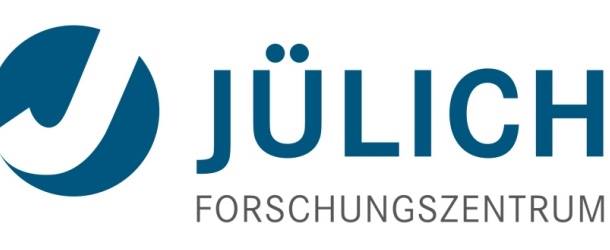GeQCoS Project to Develop German Quantum Computer Based on Superconducting Qubits

(HPCWire) The aim of the four year project GeQCoS (‘German Quantum Computer based on Superconducting Qubits’) funded by the German Federal Ministry of Education and Research (BMBF) is to build a quantum processor with novel properties based on superconducting qubits.
In this joint project, Germany’s leading scientists in the field of superconducting quantum circuits have teamed up to develop innovative concepts for the construction of an improved quantum processor. They aim to realize a quantum processor with improved quality based on new materials and manufacturing methods by the Karlsruhe Institute of Technology (KIT), tailor-made theoretical concepts of the Friedrich-Alexander University Erlangen Nürnberg (FAU), optimized control methods of the Forschungszentrum Jülichs (FZJ) and concepts for new architectures with higher connectivity at the Walther-Meißner-Institute (WMI – Bavarian Academy of Sciences and Technical University of Munich). In order to achieve this goal, semiconductor manufacturer Infineon will develop scalable manufacturing processes, while the Fraunhofer Institute for Applied Solid State Physics (IAF) in Freiburg is promoting the development of optimized chip packages. The processor performance will eventually be demonstrated using a specifically developed quantum algorithm at the WMI.
Within the GeQCoS project, a quantum processor prototype is to be developed that consists of a few superconducting qubits with fundamentally improved components. In this technology the basic building blocks of a quantum computer, the quantum bits or qubits, are implemented by means of currents flowing without resistance in superconducting circuits. These currents are relatively robust to external interference and can retain their quantum properties over relatively long time scales. Together with reliable and scalable manufacturing methods, this has resulted in one of the leading quantum technologies that is already successfully used to build the first quantum processors.



















